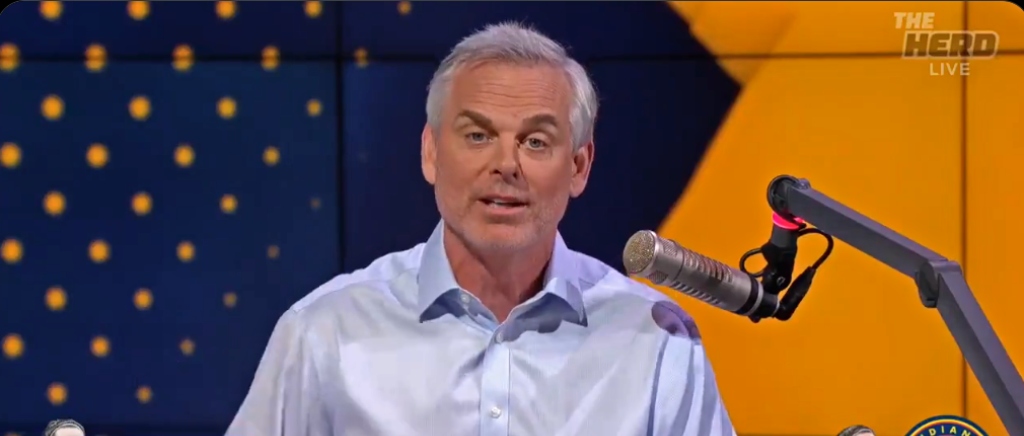The WNBA has become a leading topic for sports television this year, as the league’s audience has boomed alongside a larger explosion in popularity in women’s hoops, spearheaded by Caitlin Clark. While growth is a good thing for the WNBA, it does come with a price in the form of everyone offering extremely strong takes on things, even if those takes are often half-baked.
Things got particularly weird over the weekend and early this week, as an incident between Clark and Chennedy Carter, in which the latter was given a flagrant foul upon league review for knocking the rookie star down, became the story in sports and led to some truly wild takes and contentious moments. For whatever reason, that incident made people lose their minds, but it also might’ve been a good thing long-term, as it sparked a larger conversation about how the media — and especially prominent men in the media — need to approach the WNBA.
Kendrick Perkins called on the likes of Stephen A. Smith, LeBron James, Pat McAfee, and Charles Barkley to all take more care with the words they use, as well as doing the work needed to cover the league with the respect it deserves — and gets from those who have covered it for a long time. On Tuesday, Colin Cowherd explained that all the hand-wringing and, frankly, weird and overprotective way people are discussing Clark is a reflection of the media being the fragile ones, not Clark or the WNBA players.
"I love the fact as (the WNBA) explodes, and nobody in the media quite knows how to handle it, mostly guys … they're not fragile. We are."
Colin Cowherd weighs in on yesterday's circus around Caitlin Clark, Chennedy Carter and women's basketball: pic.twitter.com/3DgS7CnNxF
— Awful Announcing (@awfulannouncing) June 4, 2024
As Cowherd notes, the players are mostly doing what players do in every professional league. A new hotshot rookie arrives. Established players want to test her. Other rookies want to prove they’re the next star. Things get settled on the court and, even if there’s chippiness or a line crossed, it’s handled and everyone moves on. The problem is when folks in the media, largely those prominent men now commentating on it, can’t handle or discuss the WNBA like they would any other sport.
That, along with Perk’s commentary, is the strongest and best critique I’ve seen yet about the entire situation. We should talk about the Clark-Carter kerfuffle, because it’s worth discussing, but it should be done in the same way we would when something like that happens in the NBA, without it becoming a proxy battle in a larger culture war.







